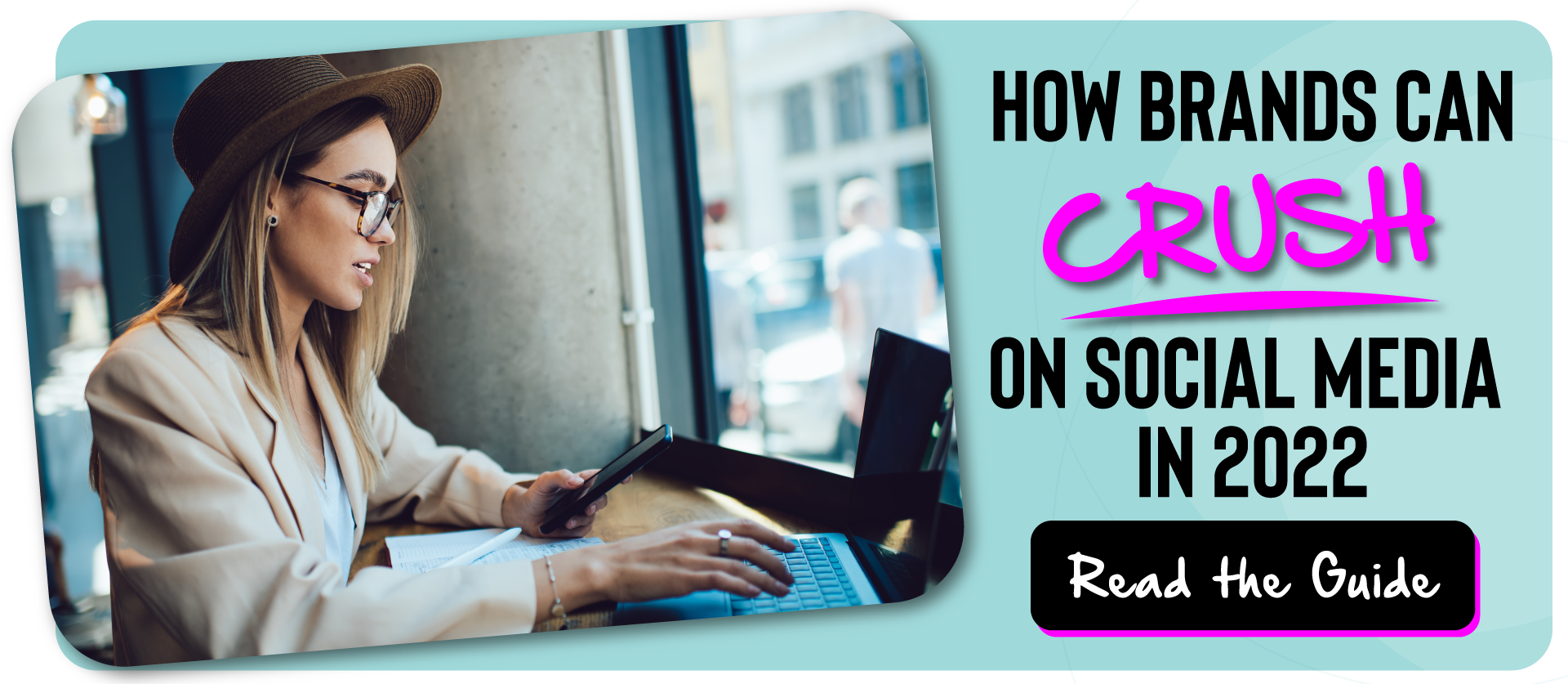
Many businesses see their blog as a tool to attract and convert buyers. While this is a valid approach, especially in B2C markets, it may not be the most effective strategy, especially in the B2B space.
In this article, we’ll explore the value of low-intent keywords in your blogging strategy and why they should not be overlooked.
Understanding High-Intent vs. Low-Intent Keywords
High-intent keywords are phrases that indicate a strong intention to make a purchase or take a specific action. For example, “best air conditioners under $1,000” suggests that the searcher is ready to buy an air conditioner in that price range. On the other hand, low-intent keywords are more informational in nature, such as “how does an air conditioner work.” People searching for these terms are likely not ready to make a purchase immediately.
The Value of Low-Intent Keywords
While high-intent keywords are important for capturing buyers who are ready to make a purchase, low-intent keywords play a crucial role in driving traffic and building domain authority. Here’s why you should target both:
Increased Search Traffic: There may be significantly more search traffic for low-intent keywords compared to high-intent ones. By targeting these keywords, you can attract a larger audience to your site.
Boosting Domain Authority: Search engines like Google consider domain authority when ranking websites. By creating content around low-intent keywords, you can improve your site’s authority, making it more likely to rank well for high-intent keywords in the future.
Thought Leadership and Brand Building: Low-intent content, such as thought-leadership articles, case studies, white papers, and infographics, can help establish your brand as an authority in your industry. This can be valuable in attracting and retaining customers.
Leveraging Low-Intent Keywords for B2B Success
- Content Types and Engagement: Low-intent keywords can be used to create various types of engaging content beyond blog posts. Videos, podcasts, and interactive content can all attract and retain visitors, helping to build brand awareness and trust over time.
- Long-Term Value: While high-intent keywords may lead to immediate conversions, low-intent keywords offer long-term value. Visitors who find your site through informational content may not convert right away but could become customers in the future as they move through the buyer’s journey.
- Keyword Research and Strategy: Conducting thorough keyword research is crucial for identifying both high-intent and low-intent keywords relevant to your industry. Tools like Google Keyword Planner, SEMrush, and Ahrefs can help you uncover valuable keywords to target.
- Optimizing for Low-Intent Keywords: When creating content around low-intent keywords, focus on providing valuable and informative content that addresses the searcher’s intent. Use clear and concise language, and consider incorporating visuals to enhance the user experience.
- Measuring Success: Track the performance of your low-intent keyword content using analytics tools. Look for increases in organic traffic, engagement metrics, and conversions over time to gauge the effectiveness of your strategy.
By incorporating these additional sections, you can provide readers with a more comprehensive understanding of the value of low-intent keywords in their B2B blogging strategy.
Focusing on High-Volume, Low-Intent Keywords
While high-intent keywords are important, focusing solely on them may limit your reach. High-volume, low-intent keywords can bring a significant amount of traffic to your site, which can, in turn, boost your domain authority and visibility for high-intent keywords. Additionally, these low-intent visitors may convert over time, especially if they find value in your content and are impressed by your brand story and values.
Need help with your marketing activities?
If you’re looking to make a move with your marketing, reach out to us. We are priced fairly, we’re straight shooters, and are the very best at what we do.

